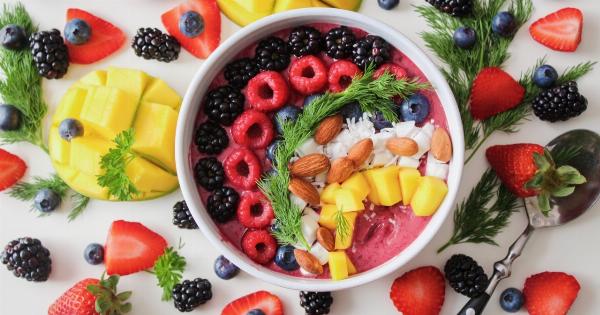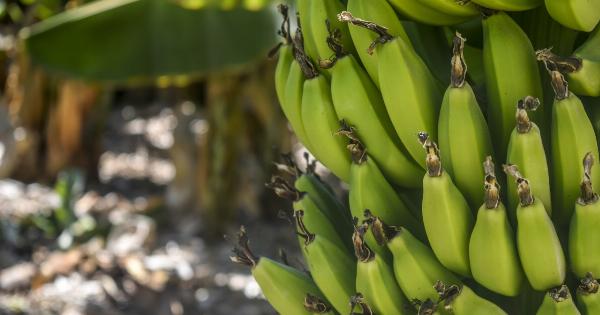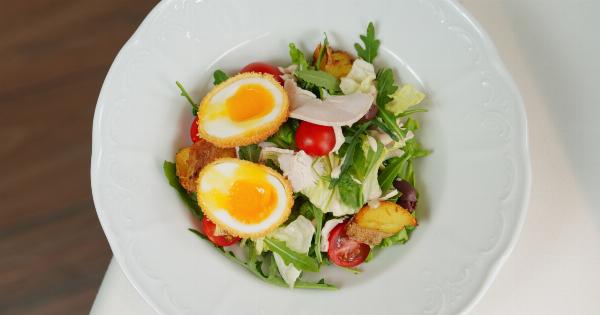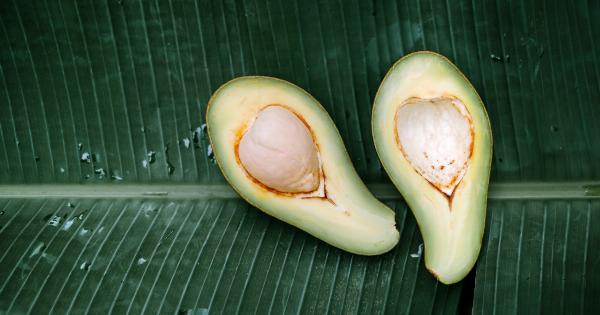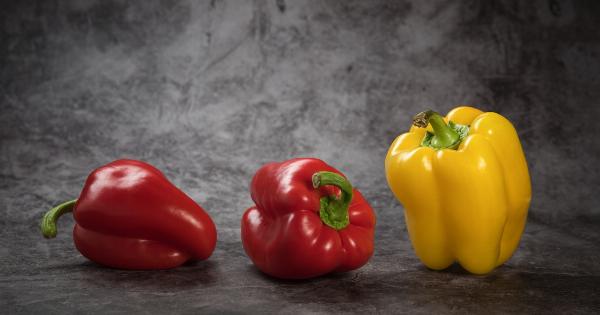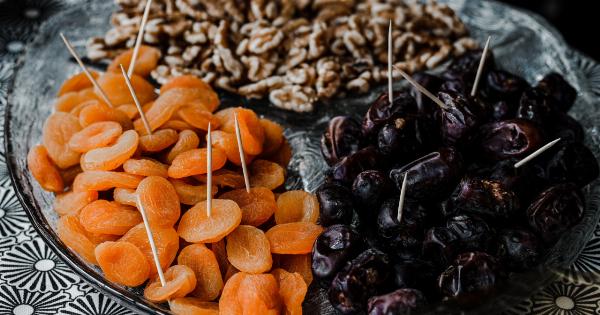Bananas are a popular fruit enjoyed worldwide, due to their sweet taste, ease of consumption, and versatile use in smoothies, baked goods, and as a snack on their own.
They are also known for being a great source of potassium, vitamin C, and dietary fiber. But what makes bananas even more fascinating is their ability to offer anti-cancer benefits. Studies have shown that bananas contain compounds that can help fight cancer cells.
But, at what point in ripeness do bananas offer the most anti-cancer benefits?.
What are the Anti-Cancer Benefits of Bananas?
Bananas contain antioxidants, which are natural compounds that help protect the body from free radicals. Free radicals are unstable molecules that can damage cells and cause diseases such as cancer.
Studies have linked the consumption of fruits and vegetables, including bananas, to a lower risk of cancer.
One specific compound found in bananas that is believed to possess anti-cancer properties is known as tumor necrosis factor (TNF). TNF is a protein that is produced by the body’s white blood cells and plays a crucial role in the immune response.
Studies have shown that TNF in bananas can stimulate the immune system by increasing the production of white blood cells, which may aid in the fight against cancer cells.
Does Ripeness Matter?
The ripeness of bananas does affect the anti-cancer benefits that they offer.
A 2018 study published in the International Journal of Cancer found that bananas at the stage just before they ripen (when the peel is still green) have the most anti-cancer benefits. The study found that bananas at this stage contained the highest concentrations of TNF and other antioxidants.
As bananas ripen, their peel turns yellow, and the fruit inside becomes sweeter. While the sweetness of a ripe banana may be desirable, the concentration of TNF and other antioxidants decreases as the banana ripens.
How to Consume Unripe Bananas for Anti-Cancer Benefits
Unripe bananas may not be as pleasant to eat on their own due to their bitter taste and firm texture. However, there are ways to incorporate unripe bananas into your diet to reap their anti-cancer benefits.
One way to consume unripe bananas is to use them in smoothies. Blend an unripe banana with other fruits such as berries or mango to create a healthy and tasty smoothie.
Adding a handful of spinach or kale to your smoothie can also increase the anti-cancer benefits.
Another way to incorporate unripe bananas into your diet is to use them in recipes that call for ripe bananas. Unripe bananas can be mashed and used in baking, such as in banana bread or muffins.
Conclusion
Bananas offer many health benefits, including anti-cancer properties. The ripeness of a banana does affect the concentration of TNF and other antioxidants, with unripe bananas containing the highest concentrations.
While unripe bananas may not be as enjoyable to eat on their own, there are ways to incorporate them into your diet to reap their anti-cancer benefits.



